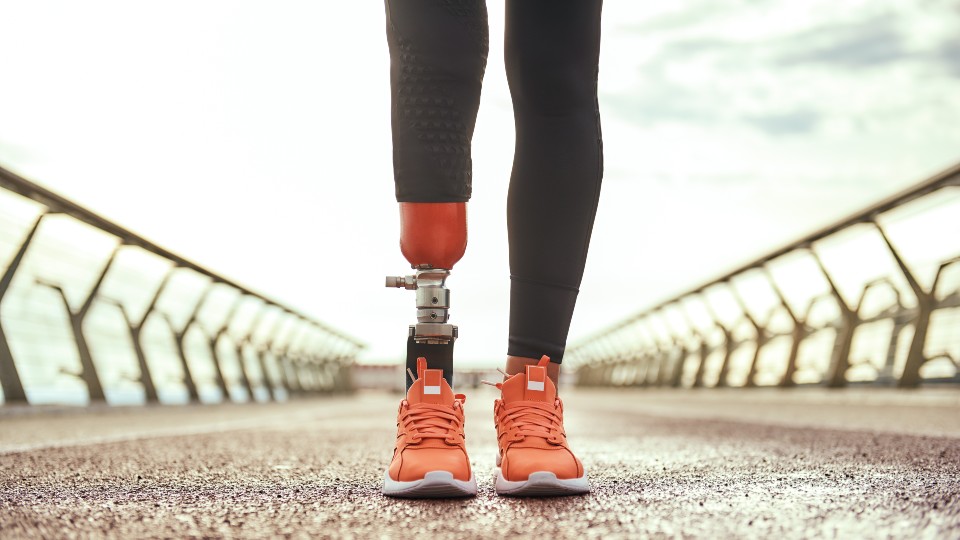Backed by the Arts & Humanities Research Council and conducted in collaboration with Bournemouth University, the 17-month project will examine the online and digital media content around the Tokyo 2020 Paralympic Games.
The media analysis will also extend to social media platforms, focusing on public conversation as well as key messaging from past and present athletes.
It is hoped that the findings will provide critical new insights on gender representation in Paralympic media coverage, helping influence the policy and practices of organisations working at the intersection of gender and disability.
Dr Emma Pullen, the project lead and Lecturer in Sport Management at Loughborough University explained:
“The project will take a fresh look at the way gender and disability are constructed in Para sport digital media content and explore some of the complexities and politics involved in disability representation in the online space. We hope the study will provide an evidence base to address issues of gender equality and inclusion in Para sport media.”
The conclusions will also be presented to members of the media and to national governing bodies and organisations with an interest in improving the visibility of disabled athletes in marketing and online media content.
Professor Michael Silk, Deputy Dean (Research) at Bournemouth University Business School added:
“We’re really pleased to be able to extend our previous data on Paralympic media and delve in-depth into the relationships between digital media content, disability and gender equality.
“It’s really important to develop an extensive evidence base so as to advance understandings of contemporary representations of disability/gender, their impact on social attitudes towards disability, and to advocate for better, more progressive, media content.”
During the process, Paralympians and Paralympic hopefuls will also be interviewed to understand how coverage is perceived from their perspective and the impact this may have on their own gendered identities and well-being.
